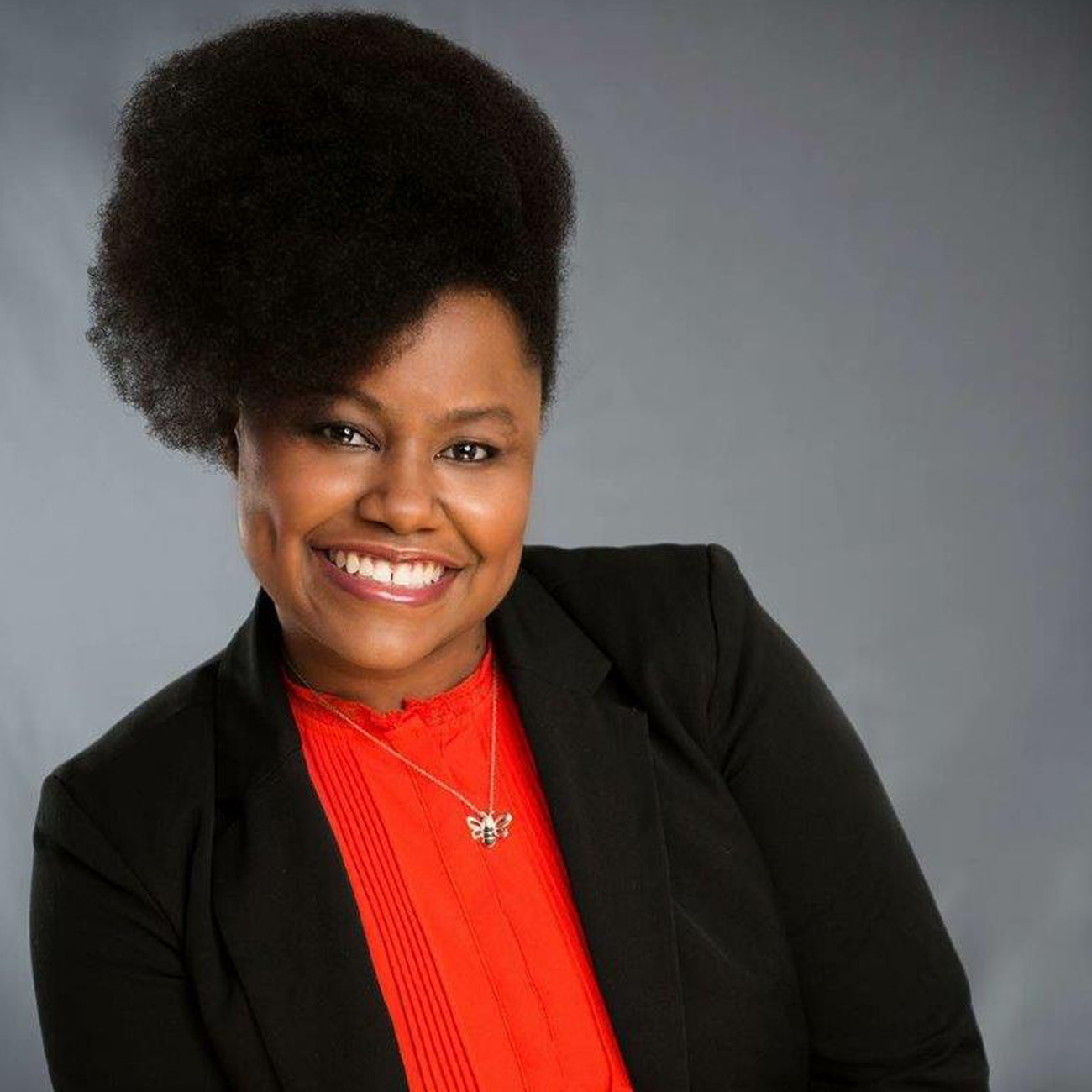For J. Bianca Roberts, MD, Family Medicine/Occupational Health and Walk-In Clinic Department Chair at Mercy Medical Group (MMG), Dignity Health, ensuring that the most vulnerable members of her community receive the COVID-19 vaccine is a goal that’s both professional and personal.
Originally from south Sacramento, Dr. Roberts has been with Dignity Health since 2013, and
the ZIP code she grew up in has become one of the hardest hit by COVID-19. Members of her family live in these vulnerable communities.
“I feel so grateful to work in a group that recognizes the importance of not just taking care of our own patients but our community as well,” she says. “That’s the reason I joined Mercy Medical Group; it was always my goal to take care of underserved populations and take care of the community I grew up in.”
Aiming for Equitable Vaccine Distribution
Dr. Roberts serves on her market’s COVID-19 Vaccine Task Force, which has met regularly throughout the pandemic to review COVID-19 safety and treatment protocols. When the vaccine became available and they learned they’d be receiving an allocation, the task force worked to create plans for distribution.
The group identified four sites throughout the Sacramento area to distribute large amounts of vaccine doses in a short amount of time. Then they began calling their most vulnerable patients — those over age 65 with medical conditions that put them at highest risk, per county eligibility guidelines.
“We started by calling MMG patients,” Dr. Roberts says. “That was key because we felt that our sickest patients weren’t going to have the information and the ability to schedule on their own.”
Adjusting Their Strategies
When county and state officials changed how the vaccine can be accessed by requiring individuals to sign up for My Turn, it created obstacles for the task force and the vulnerable communities they’re working to reach.
“With My Turn, vulnerable communities were affected because those spots fill up with the people with the fastest internet and those who speak English, for example,” she says. “That’s one of the reasons the vaccine hasn’t reached vulnerable patients.”
MMG continues to reserve as many appointments as possible for vulnerable populations, who can call a secure phone number to schedule an appointment. They also are partnering with the community to help those who aren’t MMG patients access the vaccine and give the secure number to community-based organizations.
The Work Continues
Beyond the task force, Dr. Roberts is aiding in vaccine distribution via other avenues. She partnered with the NAACP in advocating for vaccine equity, setting up a health line and providing African American churches with information about vaccine clinics. And she and her colleagues have been volunteering with the county and supporting pop-up clinics in some of the most impacted areas, where people can walk up to get a vaccine, as well as working to distribute the vaccine to homeless populations. She’s quick to highlight the efforts of others as well:
Cecilia Divin is conducting a variety of community clinics with Dignity Health, aiming to reach underserved Latino communities.
Physicians across medical systems are working to ensure other providers know where the vaccines are, so when they see patients they can direct them to those resources. Dignity Health has been working with UC Davis in this effort.
Twenty-five Black physicians from various medical groups in Sacramento recently partnered with the NAACP, working with the governor’s office on vaccine equity, in response to the recognition that the vaccine isn’t reaching the communities that need it most.
The Association of Black Nurses contacted MMG to offer support, and MMG looks forward to working with their volunteers at future community vaccine events. “Having a diverse medical staff come to your community to vaccinate you speaks volumes,” Dr. Roberts says.
Education Resolves Hesitancy
As for questions about vaccine hesitancy, that’s an easier problem to solve, says Dr. Roberts.
“When the community is educated about the vaccine, the hesitancy goes away,” she says.
To address hesitancy, Dr. Roberts has been participating in Facebook Live events with physicians around the country. She’s also done one with the CME Church in Oakland, as well as a Town Hall with the NAACP to discuss what’s in the vaccine, how it works, its effectiveness and the inclusion of Black people in the vaccine studies.
For those who’ve seen what this virus can do, access is the biggest issue. “Many have had family members die of COVID,” she says, “and they just want the vaccine.”
